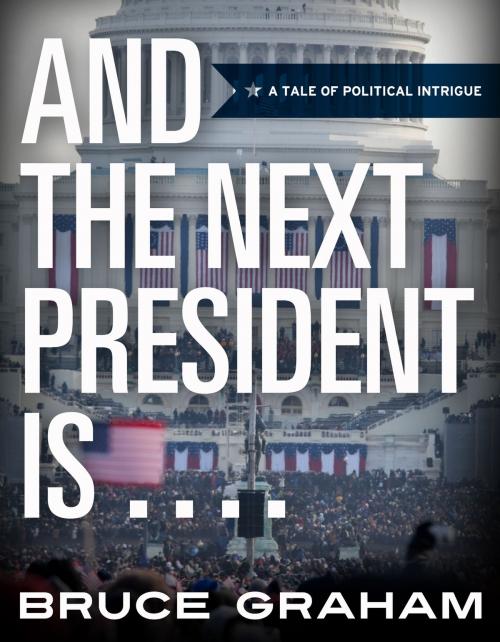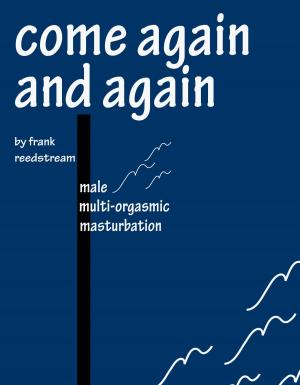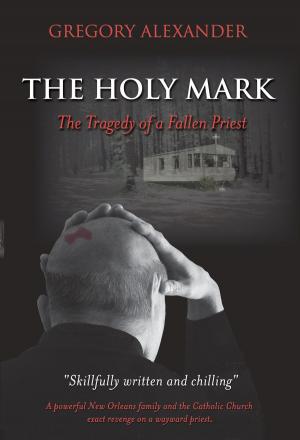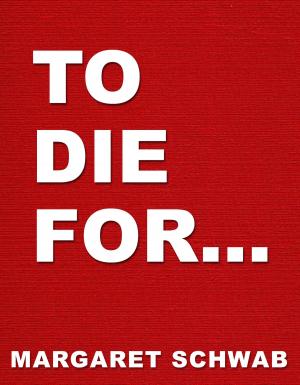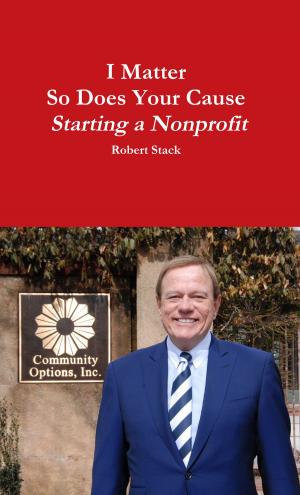AND THE NEXT PRESIDENT IS . . . . .
A Tale of Political Intrigue
Mystery & Suspense, Legal, Fiction & Literature, Historical| Author: | Bruce Graham | ISBN: | 9781634137034 |
| Publisher: | Publish Green | Publication: | December 15, 2009 |
| Imprint: | Language: | English |
| Author: | Bruce Graham |
| ISBN: | 9781634137034 |
| Publisher: | Publish Green |
| Publication: | December 15, 2009 |
| Imprint: | |
| Language: | English |
A PRESIDENTIAL ELECTION WITHOUT A WINNER The first Tuesday after the first Monday in November, Election Day: The campaign is over, the popular votes are being counted, and a young reporter and writer, Alden Crooks, joins the victory party of the winning national ticket. David Orville Consodine, known as Doc, has won the White House. But he'll never get there: word comes that he has died at his moment of triumph. Shock soon gives way to uncertainty as to what happens next, and that is followed by maneuvers by those close to both the winning and the losing tickets to turn the tragedy to their advantage. From Bush-Gore 2000 we know that the election is not really over until the winning candidates' presidential electors cast their ballots six weeks later. And unless at least 270 electors cast ballots for a single candidate, they have not made a decision, and the outcome becomes very murky. The winning campaign organizes to secretly choose a replacement acceptable to the presidential electors from among a gaggle of those who might think themselves qualified. The opposition party secretly mobilizes to cajole, strong arm and extort vulnerable electors to not vote for whomever is the designated successor in order to gain what they did not win at the ballot box. Alden Crooks becomes certain that the nominee's death was early on election day and covered up by his staff, because they knew that disclosing Doc's death at that time would lead to defeat. The reporter also hears from a confidential source that the President-elect's demise may have been by foul play of an opposition party operative. And he learns of the "dirty tricks" by the opposition party to snatch victory from the jaws of defeat. He sees a chance to profit from his knowledge and prepares to publish a book before the electors cast their ballots that exposes the chicanery on both sides. He is at once threatened with ruin and worse if he discloses the truth. He had been looking only to his earnings from his inside information. Now his future and perhaps his freedom are at stake. And Alden Crooks realizes that even more hangs in the balance: the validity of the entire political process. He resolves to challenge the forces opposed to him. In doing so he becomes a fugitive from the law, at the same time that he is hoping to stymie those who have chosen to become his enemies. While Alden Crooks acts the two parties head for the culmination of their efforts, when only one side may prevail. His fate, however, hangs in the balance, whatever the political outcome, still to be determined by circumstances over which he seems to have no control. Bruce Graham, lawyer, former judge and long time political activist, brings to life the twists and turns in this fast moving novel. The pages are generously sprinkled with characters, some likable, some not so likable, but typical of people found in campaigns for public office: the obscure, rarely seen in public; the great; and the near great. He writes, not from an ivory tower, or as an outsider, but from the point of view of one steeped from years within the only partially reputable political arena.
A PRESIDENTIAL ELECTION WITHOUT A WINNER The first Tuesday after the first Monday in November, Election Day: The campaign is over, the popular votes are being counted, and a young reporter and writer, Alden Crooks, joins the victory party of the winning national ticket. David Orville Consodine, known as Doc, has won the White House. But he'll never get there: word comes that he has died at his moment of triumph. Shock soon gives way to uncertainty as to what happens next, and that is followed by maneuvers by those close to both the winning and the losing tickets to turn the tragedy to their advantage. From Bush-Gore 2000 we know that the election is not really over until the winning candidates' presidential electors cast their ballots six weeks later. And unless at least 270 electors cast ballots for a single candidate, they have not made a decision, and the outcome becomes very murky. The winning campaign organizes to secretly choose a replacement acceptable to the presidential electors from among a gaggle of those who might think themselves qualified. The opposition party secretly mobilizes to cajole, strong arm and extort vulnerable electors to not vote for whomever is the designated successor in order to gain what they did not win at the ballot box. Alden Crooks becomes certain that the nominee's death was early on election day and covered up by his staff, because they knew that disclosing Doc's death at that time would lead to defeat. The reporter also hears from a confidential source that the President-elect's demise may have been by foul play of an opposition party operative. And he learns of the "dirty tricks" by the opposition party to snatch victory from the jaws of defeat. He sees a chance to profit from his knowledge and prepares to publish a book before the electors cast their ballots that exposes the chicanery on both sides. He is at once threatened with ruin and worse if he discloses the truth. He had been looking only to his earnings from his inside information. Now his future and perhaps his freedom are at stake. And Alden Crooks realizes that even more hangs in the balance: the validity of the entire political process. He resolves to challenge the forces opposed to him. In doing so he becomes a fugitive from the law, at the same time that he is hoping to stymie those who have chosen to become his enemies. While Alden Crooks acts the two parties head for the culmination of their efforts, when only one side may prevail. His fate, however, hangs in the balance, whatever the political outcome, still to be determined by circumstances over which he seems to have no control. Bruce Graham, lawyer, former judge and long time political activist, brings to life the twists and turns in this fast moving novel. The pages are generously sprinkled with characters, some likable, some not so likable, but typical of people found in campaigns for public office: the obscure, rarely seen in public; the great; and the near great. He writes, not from an ivory tower, or as an outsider, but from the point of view of one steeped from years within the only partially reputable political arena.
